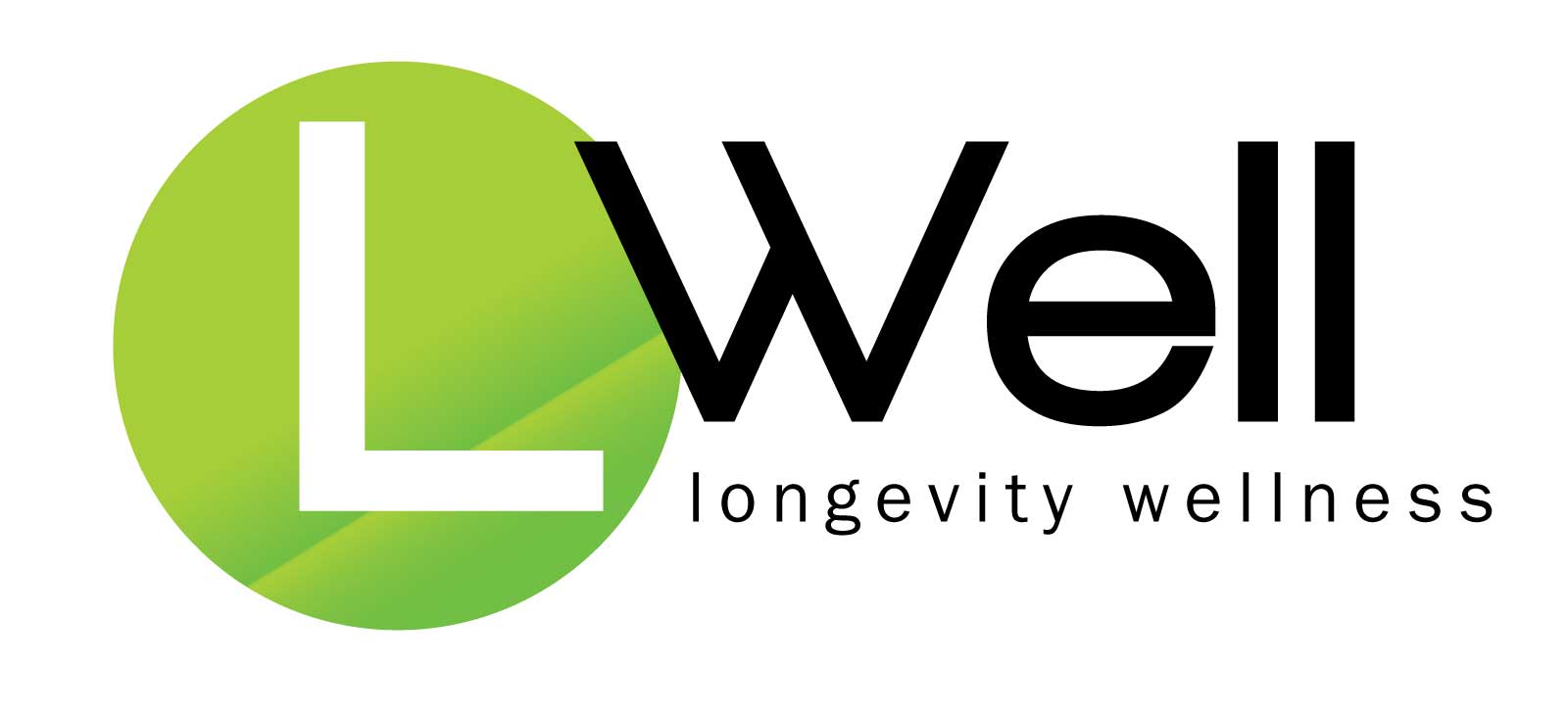Can I Really Boost My Metabolism?
Metabolism is a trending topic around fitness and weight loss, and our LWell dietitians frequently get asked, “How can I boost my metabolism?”
Metabolism is a process whereby your body converts food and drinks into energy. Even when you are sleeping or binge-watching the latest Netflix series, your body is using energy. The rate at which your body uses energy while at rest is called your basal metabolic rate. (At LWell, we use a device called an InBody scanner to determine a patient’s resting metabolism.)
A person’s metabolic rate is subject to several factors including their age, size, weight, current eating habits, muscle mass, genes, as well as medical conditions (like those involving the thyroid or even high inflammation in the body and/or gut).
According to Chrissy Barth, an LWell-supported Registered Dietitian Nutritionist, a typical healthy adult will experience a 5% decrease in their resting metabolism every decade after age 40. So, while metabolic changes may be inevitable with aging, there are some things you can do to lessen the effects and optimize your metabolic rate. Barth offers the following tips:
Eat more protein: Getting adequate protein at every meal keeps metabolism humming, says Barth. The body expends more energy just in the process of breaking down proteins as compared to fats and carbs. Plus, proteins are beneficial for muscle repair and are more satiating to the stomach (i.e., will keep you feeling full for longer while reducing “crashes” by keeping blood glucose stable.)
Strength train 2-3 days per week: It is a fact that muscle burns more calories than fat. Higher muscle mass increases your calorie needs by increasing your basal metabolic rate. Conversely, less muscle decreases your calorie needs by decreasing your basal metabolic rate. You will burn more calories at rest if you maintain a regular strength training regimen.
Drink more water: Improper hydration can affect metabolism, says Barth. Some studies show even the smallest drop in hydration can decrease metabolism. Water also helps flush toxins from the body, keeps the digestive tract running smoothly, and helps you feel more full. Sometimes dehydration can be misinterpreted as hunger. So if you’re hungry between meals, reach for a glass of H20 first.
Rest up: Getting proper sleep is also key to keeping your resting metabolic rate in balance. Too little or interrupted sleep can have serious consequences on metabolism and hormones, according to a study by the National Institutes of Health. Nearly one-third of American adults get 6 or fewer hours of sleep per night. One hundred years ago, 9 hours of sleep was the average. Most people already know diet and exercise are key components to reaching and maintaining a healthy weight, but many don’t realize sleep is an equally important player in that pursuit.
Count your B’s and D’s: B vitamins help your body metabolize carbohydrates, proteins, and fats. “All the B vitamins are essential for metabolism,” says Barth, so look for a full spectrum “B complex” supplement in addition to a good quality multivitamin. And Barth recommends a vitamin D supplement as well.
Eat your omegas: Omega-3s help combat inflammation in the body and, according to Barth, inflammation and inflammatory diseases are known to affect metabolism and can contribute to weight gain. In one study, healthy older women were given fish oil supplements for 12 weeks. The results? A significant 14% increase in resting metabolic rate. Good sources of omegas include fatty fish or fish oils, nuts, seeds, flax, and hemp.
Get tested: Blood testing can help identify or rule out any medical conditions or imbalances that could be impacting your metabolism. Barth recommends and helps facilitate testing for things like vitamin deficiencies, hormonal imbalances, food allergies/sensitivities, heavy metals, and mold. She frequently recommends clients have a blood test and/or a micronutrient test before their initial meeting. Learn more about LWell’s expert-approved at-home testing kits here.
Consult a Registered Dietitian Nutritionist: A registered dietitian will look closely at your overall health, lifestyle, eating habits, and medical history/test results to determine what strategies will be most beneficial for your overall health or weight goals. Sometimes, says Barth, a person isn’t eating enough calories and therefore experiencing what they think is a sluggish or lagging metabolism but really their body is in starvation mode. Her patients are often surprised when they get their meal plan and it has them eating MORE at first when their goal is to LOSE weight, but oftentimes that is their key to jump-starting successful weight loss.
What about green tea? I’ve heard it can boost metabolism. While caffeine has been shown to very slightly increase metabolism, it doesn’t appear to have any significant long-lasting effects on weight loss. So, don’t rely on this as a method, says Barth. And beware of products claiming to “boost” metabolism. Most are snake oil at best and don’t stand up to the tried-and-true tenets of healthy eating, regular exercise, sound sleep, and expert guidance from a registered dietitian.
Is this test right for me?
To determine if a GI map is right for you, consider your symptoms, medical history, and treatment goals. If you're experiencing persistent gastrointestinal issues, unexplained symptoms, or have a family history of digestive disorders, discussing GI mapping with an LWell provider may provide valuable insights. Consulting with LWell can help assess whether the test aligns with your healthcare needs and goals, guiding you in making an informed decision about whether to pursue GI mapping as part of your diagnostic and treatment journey.
How accurate is this test?
GI mapping tests utilize advanced molecular techniques to analyze the composition and function of the gut microbiome, providing detailed insights into microbial diversity, imbalances, and potential markers of gut health and disease.
Sample required
The Gastrointestinal Microbial Assay Plus (GI-MAP™) is an innovative
clinical tool that measures gastrointestinal microbiota DNA from a single
stool sample with state of the art, quantitative polymerase chain reaction
(qPCR or real-time PCR) technology.
Get on Track
Call to schedule your appointment with an LWell dietitian and get on track to better health.
(833) 516-0454
Williamsburg, VA 23185

